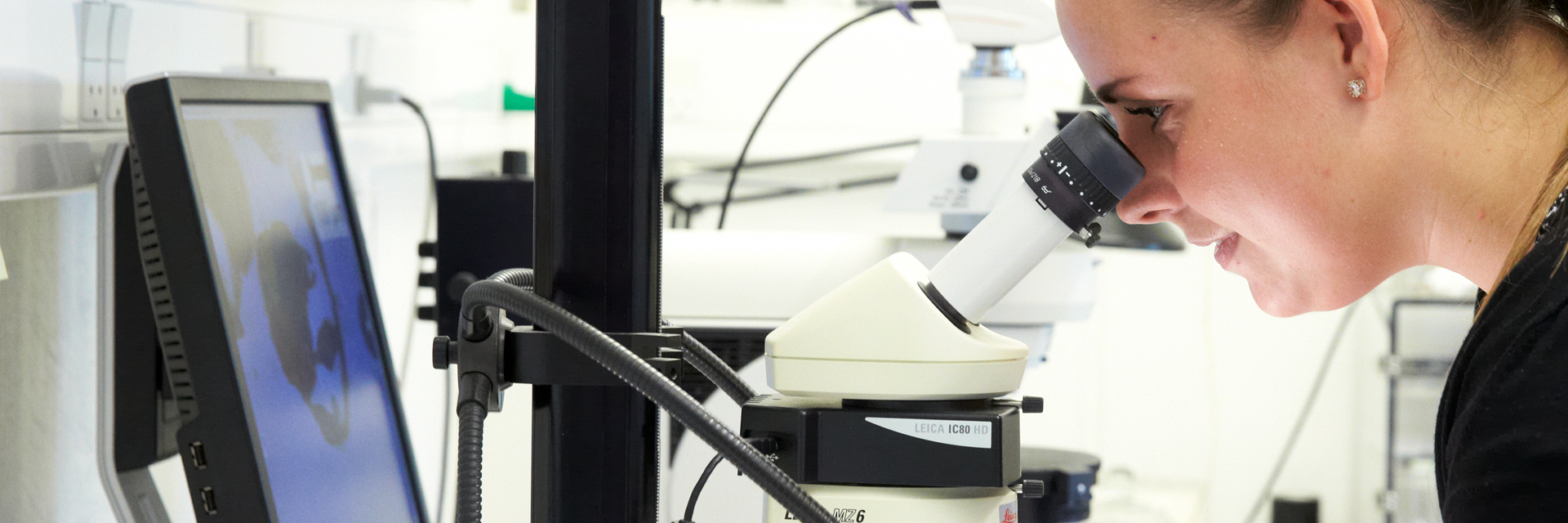Webinar: Looking to future CCUS policy in the EU
On 19 September the webinar “Looking to future CCUS policy in the EU” took place. During the webinar Dirk Koppert, ConsenCUS projectmanager, discussed with 3 panelists the vivid status of CCUS Policy developments that are needed to facilitate the development, large scale deployment and alignment of CCUS solutions to meet our climate targets.
The panel consisted of Eve Tamme, chair of the Zero-Emission Platform, Mijndert van der Spek, associate professor in the Research Centre for Carbon Solutions (RCCS) at Heriot Watt University, and Luciana Miu, head of clean Economy at Energy Policy Group.
CCUS, the capture, conversion and utilisation and/or storage of carbon molecules, plays a big role in reaching climate targets. During this webinar, the panelists explored the status of several linked topics to deploy large scale capture techniques, with a focus on the policies that are shaped to support this.
Some major steps have already been taken; for example in the Net-Zero Industry Act. Oil and Gas producers are mandated to provide storage capacity for CO2. But other parts of the value chain are not detailed yet. A strategy to ensure that the necessary transport capacity becomes available is mandatory. However, such a large investment cannot be supported by those who need to invest in capture techniques as well. Here a clear strategy in the 2024 anticipated Carbon Management Strategy could really help pointing out the ambitions of the EU and subsequent roll-out in member states, ensuring that topics like open-access, non-discriminatory, transnational and quality of CO2 are adressed.
Furthermore, investing in capture techniques need clear Carbon Market rules and targets. Those investments need certainty that it will fit in future policies. So clear targets for 2030 and 2040, leading up to a net-zero Europe in 2050 are necessary as these are only 1 or 2 investment cycles away and there is no room for disinvestments.
ZEP-platform is in the middle of these developments, and with the raised attention for CCUS, the platform is also growing and servicing on different levels; facilitating discussion about de-risking, deployment of techniques, strategies and policies.
The webinar concluded that while the panelists touched upon a wide array of topics, other important aspects within the CCUS debate such as for example the social aspects of engagement and acceptance, were not even adressed yet.
ConsenCUS is is focussing on one aspect of the CCUS puzzel: introducing, testing and demonstrating an innovative way of capturing and converting CO2, and modelling how this fits in Net-Zero Industrial Clusters.
You can watch the recording of the webinar here:
Please note that you need to accept the marketing cookies to view the video on our website. You can also watch it on YouTube by clicking this link.
